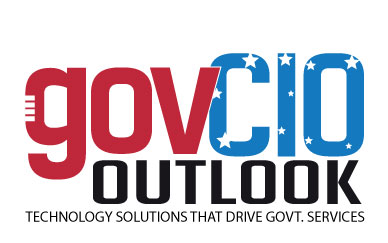September - 20198GOVERNMENT CIO OUTLOOKIN MYOPINIONAI AND DATA PRIVACY IN THE CONTEXT OF HOMELAND SECURITYI, or artificial intelligence, is at the forefront of most organizations and government entities are no exception, including that of the Department of Homeland Security. One does not have to look far to understand how concepts like AI are impacting the direction our national security is headed. For example, a report titled "Artificial Intelligence Using Standards to Mitigate Risks" was published last year by the Public-Private Analytic Exchange Program. This group, launched by the Department of Homeland Security (DHS), Office of Intelligence & Analysis and the Office of the Director of National Intelligence brought together government and private sector experts to discuss AI usage and how to mitigate risks associated with this technology. What is less clear is where does data privacy fit in the context of national security. As citizens of the United States and of the Internet, we regularly see stories about personal data being stolen or used without our awareness/consent, which in turn prompts inquiry and investigation. The EU (European Union) has gone so far as to implement GDPR (General Data Protection Regulation), which was designed to protect data and privacy for all people within the EU and European Economic Area. With the current emphasis on personal privacy, where do personal rights intersect with national security? Per the DHS website, there are five homeland security missions:1. Prevent terrorism and enhancing security2. Secure and manage our borders3. Enforce and administer our immigration laws4. Safeguard and secure cyberspace5. Ensure resilience to disasters ALester Godsey, CISO, City of MesaBy"They who can give up essential liberty to obtain a little temporary safety deserve neither liberty nor safety."-Benjamin Franklin
< Page 7 | Page 9 >
< Page 7 | Page 9 >
